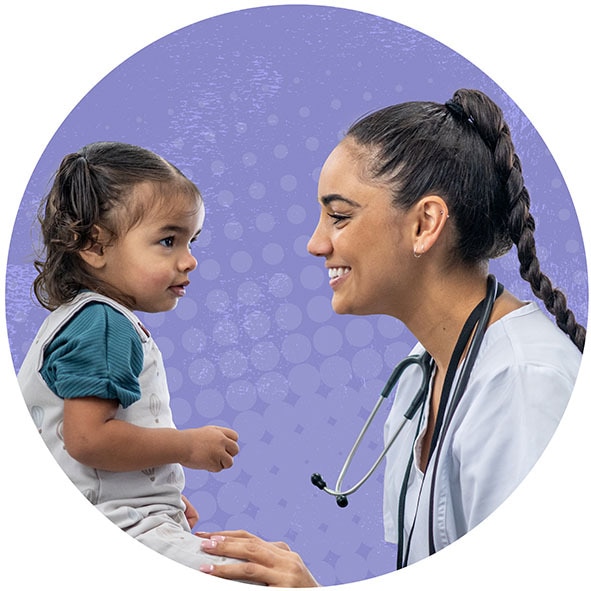Below is a list of programs and services to help you pay for your health education, join the health workforce, participate in training to advance your career, and continue your health education.
Resources link to websites from the U.S. federal government. We note when we link to our trusted community partners, in which case you are subject to their sites’ privacy policies. Review our external link disclaimer for more information.

Wherever the art of medicine is loved, there is also a love of humanity.
— Hippocrates
On this page:


Financial resources to help pay for your education
Scholarships and loan repayment programs exist to help current students and working professionals fund your health education. There are also opportunities to get a paying job while you are still in school.
Support for joining the workforce
There are many avenues to join the health workforce, but pre-professional training and residencies are some of the most important steps you could take.
- Externship Program for Indian Health Service (IHS) Scholars: Health students may work for 30-120 days per year in this paid pre-professional training.
- IHS Residency Programs: IHS offers residency programs for students who specialize in pharmacy, nursing, family medicine, optometry, and dentistry.
Individual training and upskilling programs
Learn about health training programs that allow you to advance your skills while you work at your current job.
- Maternal and Child Health (MCH) Navigator: This learning portal provides leadership training and resources on building work skills to professionals who specialize in the health and well-being of mothers, children, and families such as midwives, doulas, and pediatricians.
- Licensure for Telehealth: Information on licensing requirements to provide telehealth in the U.S.
Continuing education and professional development programs
Programs funded by grants allow individuals to build practical professional development skills to advance your career in health.
- Think Cultural Health Continuing Education E-Learning Programs: These free resources help providers learn about culturally and linguistically appropriate services (CLAS) to treat patients from diverse backgrounds.
- Pediatric Mental Health Care Access (PMHCA) Program: This program provides health professionals in pediatric, emergency department, and school settings with training to aid them in adding behavioral health to routine checkups.
- Pediatric Environmental Health Specialty Units (PEHSU): The PEHSUs are dedicated to increasing knowledge about environmental medicine among healthcare professionals regarding children’s environmental health.
- Chief Workforce Officer Core Competencies: This Word document from the Solutions, Training, and Assistance for Recruitment and Retention (STAR²) Center highlights concepts that help you develop into a high-functioning health leader and build an agile health center workforce.
